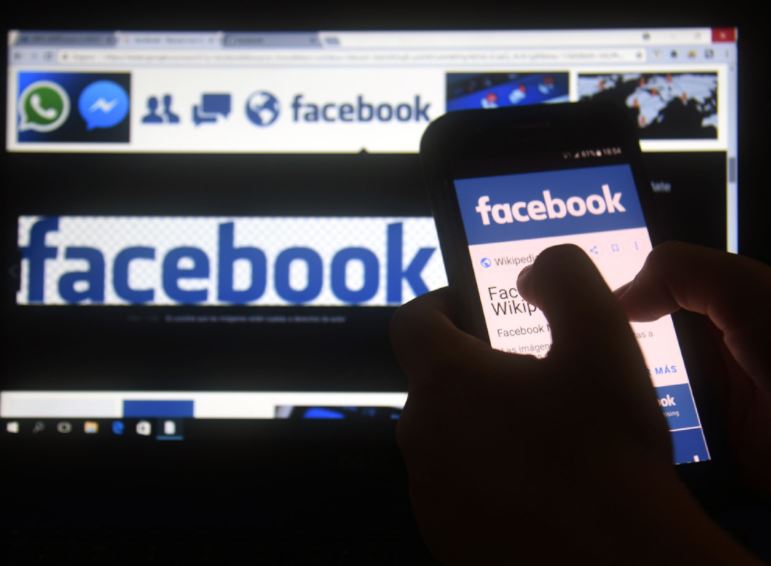
If you’ve ever had a very tough week at the office, you can rest assured that it probably wasn’t nearly as awful as the time Facebook CEO Mark Zuckerberg has had over the past little while.
The social media guru and his ubiquitous digital platform are currently under siege in the wake of startling revelations that the political consulting firm Cambridge Analytica allegedly obtained and leveraged the data of 50 million Facebook users in a bid to help secure the presidency for Donald Trump.
That the social network apparently didn’t do enough to protect users’ data is a major problem for the CEO, whose stated mission is to use Facebook for the betterment of society.
A #deletefacebook movement is gaining momentum, much to the distress of Facebook employees who thought they were working for the good guys all along.
Worse, many entrepreneurs who rely on Facebook to promote their businesses are now having second thoughts. They’re asking a pertinent question: Is it time to consider migrating their online marketing dollars away from the platform, perhaps targeting their audiences with the help of an alternative social network?
Not so fast.
#dontdeletefb
While the privacy concerns plaguing Facebook are a cautionary red flag, and a reminder that business owners should have a long-term digital marketing plan that includes alternatives to Facebook—because something will, inevitably, supplant its digital dominance—the Cambridge Analytica incident is actually an eye opening case study in the platform’s reach and efficacy as a tool to communicate key messaging to huge audiences, all on a relative shoestring budget.
Reports indicate that Cambridge Analytica was paid in the neighbourhood of $10 million to tap Facebook data and come up with psychographic analyses and Facebook content to appeal to potential swing voters. That’s cheap by modern campaign standards.
While the inappropriate use of data is always wrong, it’s not a glib observation to note that the fact that Cambridge Analytica was able to use so much of it to get the underdog Trump elected, was truly remarkable. Of course, the degree to which the firm was able to help sway swing voters to the Trump camp is still up for debate. What we can all agree on is that online advertising, when done right, can be highly effective.
It’s Not The Tool… It’s The Tools Using The Tool
In this case, I would argue that it’s not the platform that’s the problem. It’s the people using (or abusing) it. The key takeaway for business owners is that Facebook is still an amazing tool to introduce people to your brand and to build loyalty with existing customers.
The primary reason why this scandal will not tear down the online fortress that Zuck has so deftly built is simple: there aren’t any other, better options.
It all comes down to marketing to where your audience is; if they’re on Facebook, your dollars will continue to flow to that platform.
Think about it: what other platform has such incredible reach—more than 2.13 billion active users worldwide, with another 3 billion users projected to come online in the next five years and caters to both business-to-consumer and business-to-business oriented organizations? Facebook can tick all of those marketing boxes, while also serving as a valuable employee recruitment tool.
If you’re intent on shifting your marketing spend there are other options such as search, display, social, video and mobile marketing. You should be diversifying your marketing budget and leveraging those tactics, anyway. If your business is in the home improvement industry, for example, you might consider tapping speciality networks such as Angie’s List, Home Stars or Houzz.
The reality is that Facebook simply allows you to achieve many of the same goals in one centralized location. So, until there’s a better tool available to online marketers, Facebook’s dominance will go largely unrivalled.
It’s Going To Cost You More to Use Facebook In The Future
Of course, this upheaval comes at a time when the social media giant is taking active steps to decrease the reach of companies that use their platform to market their wares. Privacy concerns have prompted them to rein in the kind of allegedly nefarious behaviour that shocked the world in the Cambridge Analytica matter.
They’ll still happily take your marketing dollars, of course, but will now charge more for the privilege of reaching their highly-engaged community of users. Either way, Zuckerberg wins.
The bottom line is this: the current headwinds threatening Facebook’s good standing and growth will eventually subside. Business will return to normal because there is simply too much money at stake on all sides for the social media behemoth to crash and burn.
That said, the Internet has a long memory, and customer sentiment can turn on a dime. Business owners are wise to take heed and prepare for a day when Facebook isn’t the best place to connect and promote their businesses. That day will come…it just won’t be any time soon.
About The Author
Marketing Team
The AOK Marketing Team is a diverse group of amazing individuals driven to help all of our clients succeed. Great people are everywhere, and we believe that people should control their workday, their work environment, and where they live. We have team members in 9 countries: United States, Canada, Egypt, Belgium, Ireland, Australia, India, Pakistan, and Hong Kong.
How can we help you?






